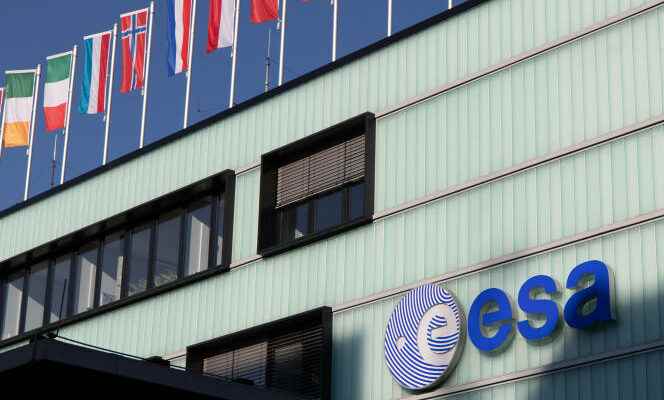Expected, but late, the awakening took place on November 17. That day, Thierry Breton announced the launch of Iris², an acronym for infrastructure for resilience and secure interconnection by satellite. A constellation providing high-speed Internet. “We took nine months to get an agreement. It’s really a record time “, welcomed, on Twitter, the European commissioner for the internal market, on the initiative of the project. A delay to be compared to the three years of tough negotiations that had to be carried out between the different countries of the European Union to reach an agreement on the launch of Galileo, the competitor of the American GPS.
But this time, the urgency is there, faced with the domination of Starlink, by Elon Musk, and the Kuiper project, by Jeff Bezos. The two American billionaires have resources such that nothing stops them in the rapid deployment of their satellite networks. “We were becoming dependent on a non-European and, moreover, private alternative”they say in Brussels.
“We just had no choice.insists, for his part, Philippe Baptiste, the CEO of the National Center for Space Studies (CNES), because I don’t see how Europe could rely on Elon Musk. We have to defend our interests, it’s a matter of sovereignty. »
Secured financing
As Starlink has demonstrated since the outbreak of war in Ukraine on February 24, having a space communication tool is vital in the event of a conflict. The idea is therefore to go as quickly as possible with a very, even perhaps too tight schedule, providing for a first launch in 2024 and commissioning of the constellation in 2027.
Funding has already been secured for over €3 billion, €2.4 billion from the EU budget and €640 million from the European Space Agency (ESA). “This is enough for us to launch an ultra-secure constellation enabling quantum encryption to meet the needs of governments”, we explain within the Commission. Priority therefore to autonomy. The commercial component, both for individuals and companies, will be financed, in a second stage, by industrialists, with the establishment of a public-private partnership (PPP) in the form of concessions. The investment would then be 6 billion euros.
Iris² wants to be different from Starlink, OneWeb or Kuiper, because there is no question for European officials of multiplying satellites the size of a shoebox in low orbit and cluttering the sky a little more between 300 and 1,200 kilometers. Multipolar, the constellation will be able to go as far as geostationary at 36,000 kilometers from the Earth.
You have 41.12% of this article left to read. The following is for subscribers only.
